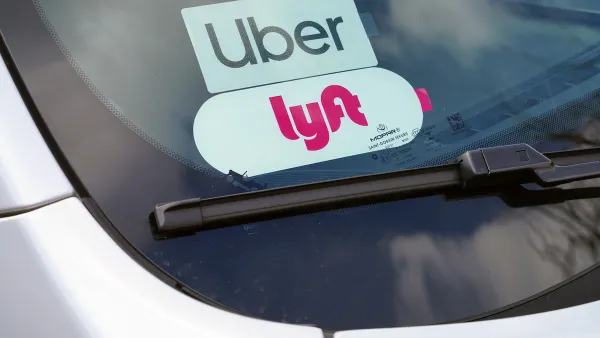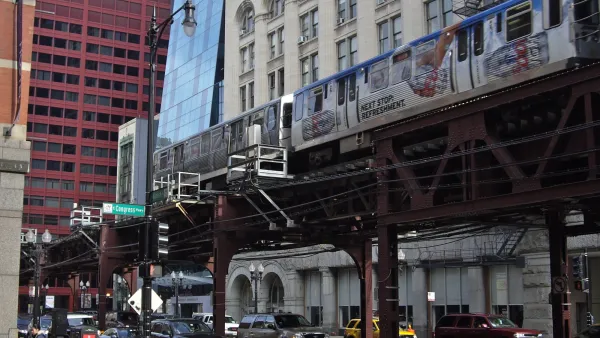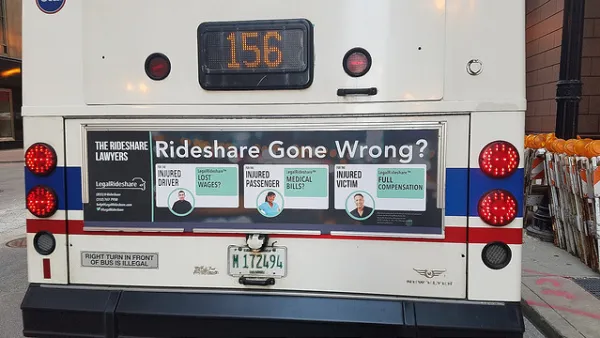The popular ride share service Uber launched service in Brevard County, Florida last week, a sign that the company is not putting the brakes on growth while it confronts difficult issues.
Uber is a big success story in the emerging shared economy, and its bold vision of removing one million cars from the road could improve how cities function while helping reduce carbon emissions. But Uber is drawing questions and complaints along the road to sustainability. Top issues include labor and trade practices, safety, and competition with the established taxi cab and limousine industry. Meanwhile, local governments are exploring how to regulate ride-sharing services, and dealing with opposing political tensions, namely the need to avoid alienating the traditional taxicab industry while also embracing innovation and promoting a range of transportation options. And last week the world was reminded of the dangers of a new, rapidly-growing industry when New Delhi banned Uber after one of its drivers was accused of raping a customer.
Uber seems undeterred, however, and its latest expansion is noteworthy not just because it immediately follows the disturbing case in New Delhi, but because Brevard County, Florida is not as densely populated and compact as the typical Uber-city. By adding Brevard County, Uber's service area along Florida's central Atlantic coast now stretches 100 miles north and south of Cape Canaveral. Brevard County is Florida's 10th most populated, and it does not include a major metropolitan anchor city. The area does include dozens of tourist beaches, so this latest expansion could mean that Uber's popularity has reached a point where population density is not the only critical factor in determining whether an area can support ride share.

But Uber's general popularity is unquestionable. In less than five years, Uber has expanded to more than 220 cities in 52 countries. And the company's financial value is also speeding forward. A June 2014 valuation was listed at $18B, which some observers found eye-popping, while others argued it could have been more. And then last month another round of financing shot the figure upward to $40B, sparking more discussion about how high Uber's value will climb and what to expect if it goes public. Uber's trajectory and business practices have withstood industry titans and government agencies, and whether it continues to stomp on the gas pedal may ultimately be shaped by its shareholders.
FULL STORY: Uber car service arrives in Brevard amidst controversy

Analysis: Cybertruck Fatality Rate Far Exceeds That of Ford Pinto
The Tesla Cybertruck was recalled seven times last year.

National Parks Layoffs Will Cause Communities to Lose Billions
Thousands of essential park workers were laid off this week, just before the busy spring break season.

Retro-silient?: America’s First “Eco-burb,” The Woodlands Turns 50
A master-planned community north of Houston offers lessons on green infrastructure and resilient design, but falls short of its founder’s lofty affordability and walkability goals.

Test News Post 1
This is a summary

Analysis: Cybertruck Fatality Rate Far Exceeds That of Ford Pinto
The Tesla Cybertruck was recalled seven times last year.

Test News Headline 46
Test for the image on the front page.
Urban Design for Planners 1: Software Tools
This six-course series explores essential urban design concepts using open source software and equips planners with the tools they need to participate fully in the urban design process.
Planning for Universal Design
Learn the tools for implementing Universal Design in planning regulations.
EMC Planning Group, Inc.
Planetizen
Planetizen
Mpact (formerly Rail~Volution)
Great Falls Development Authority, Inc.
HUDs Office of Policy Development and Research
NYU Wagner Graduate School of Public Service




























